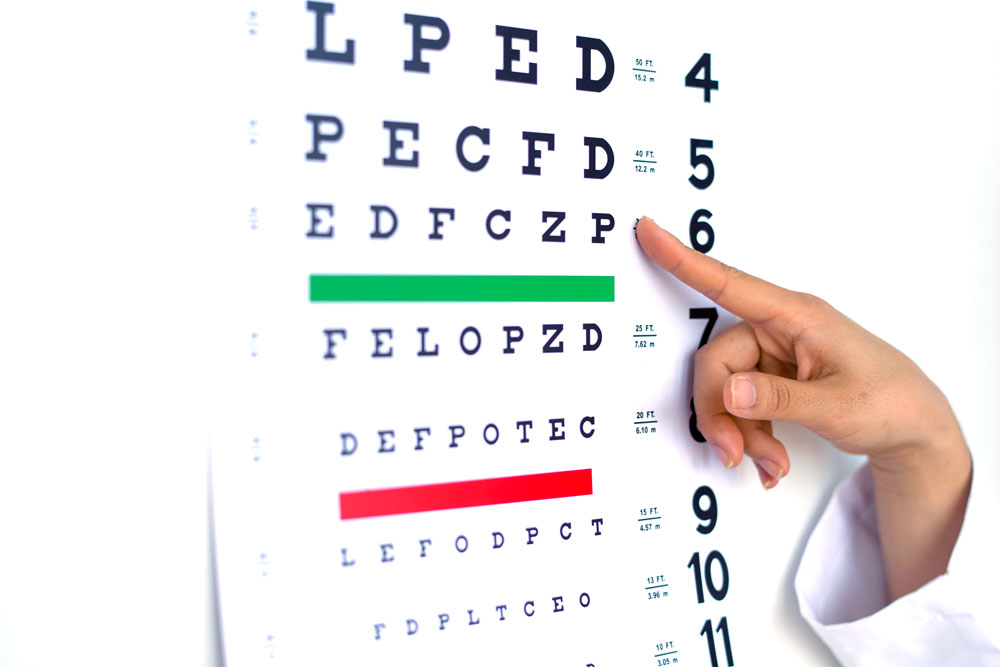Do Optometrists Go to Med School?
When it comes to eye care, many people often wonder about the educational background of optometrists. Are they medical doctors? Do they go to med school? Understanding the qualifications and training of optometrists is crucial for anyone seeking eye care services. This blog post aims to clarify these questions and provide a comprehensive overview of what it takes to become an optometrist.
What is an Optometrist?
An optometrist is a healthcare professional who specializes in eye and vision care. They are trained to examine, diagnose, treat, and manage diseases, injuries, and disorders of the visual system. Optometrists also prescribe eyeglasses and contact lenses as well as provide pre-operative and post-operative care for patients undergoing eye surgery.
Educational Pathway for Optometrists
Undergraduate Education
The journey to becoming an optometrist begins with undergraduate education. Aspiring optometrists typically complete a bachelor’s degree with a strong emphasis on science courses such as biology, chemistry, physics, and mathematics. While there is no specific major required for admission into optometry school, students often choose majors that align with these prerequisites.
Optometry School
Unlike ophthalmologists who attend medical school, optometrists do not go through traditional medical school. Instead, they attend specialized optometry schools where they earn a Doctor of Optometry (OD) degree. The curriculum in optometry school is rigorous and spans four years.
First Two Years
The first two years of optometry school focus on foundational sciences such as anatomy, physiology, biochemistry, optics, visual science, and pharmacology. Students also begin learning about clinical procedures and techniques used in eye examinations.
Last Two Years
The final two years are more clinically oriented. Students gain hands-on experience through clinical rotations in various settings including private practices, hospitals, clinics, and community health centers. These rotations cover different aspects of eye care such as primary care optometry, pediatric optometry, geriatric optometry, contact lenses fitting, low vision rehabilitation, and ocular disease management.
Licensure Requirements
After completing their OD degree from an accredited institution, which typically takes four years, graduates must pass a series of exams to become licensed practitioners. In the United States:
- National Board Exams: Administered by the National Board of Examiners in Optometry (NBEO), these exams assess knowledge in basic science (Part I), clinical science (Part II), patient care skills (Part III), and treatment & management of ocular disease.
- State Licensure: Each state has its own licensing requirements which may include additional exams or practical assessments.
Continuing Education
Optometrists are required to engage in continuing education throughout their careers to stay updated with advancements in the field of eye care technology and treatment methods. This ensures that they can provide the best possible care for their patients.
Conclusion
In summary; no, optometrists do not go through traditional med school but instead attend specialized programs designed specifically for training them as experts in vision health.Their extensive education includes undergraduate studies followed by four years at an accredited college leading up towards earning their Doctorate Degree along with passing necessary licensure exams before practicing independently.Their role remains vital within healthcare system ensuring optimal visual wellness across diverse populations making significant contributions towards overall public health outcomes.So next time you visit your local optical clinic rest assured knowing you’re being cared by highly trained professionals dedicated solely towards preserving enhancing one’s sight!
Discover more interesting topics in our blog archives

